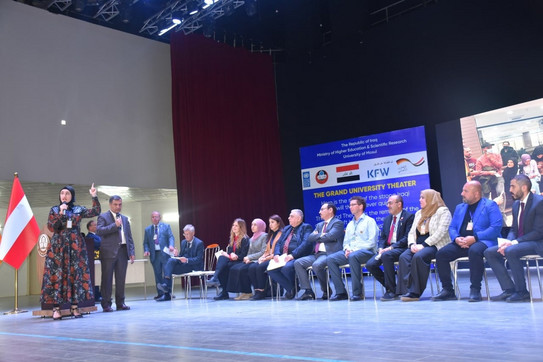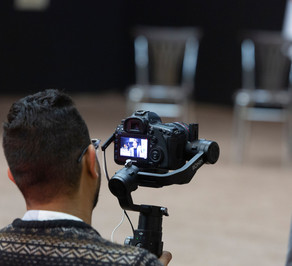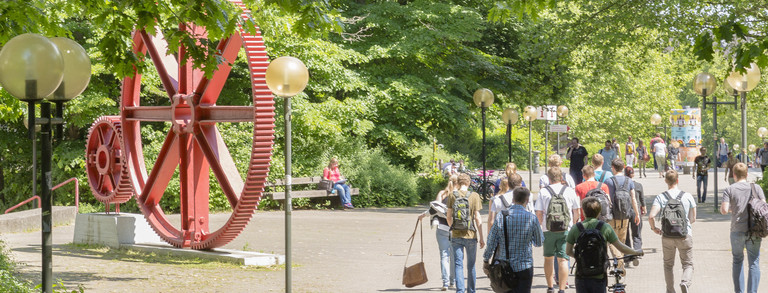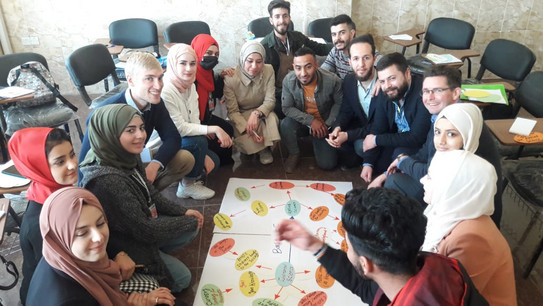Conference Concept
Opening (12.02.2023)
The conference opening will take place on 12.02.2023 in the big university hall. The main aim of the conference opening is to introduce all participants to the conference, its concept and importance and to introduce the conference theme by a variety of different speakers from academia and civil society. The opening day will also be used for a first meeting of the workshop groups.
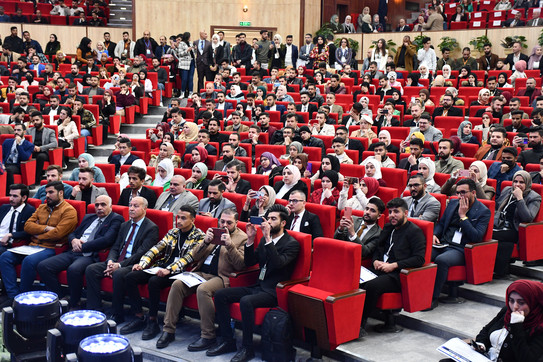
Workshops (13.02.2023-15.02.2023: 9-12.30h)
About 40 parallel interdisciplinary workshops were the main part of the student conference. In each workshop about 20 students from different backgrounds and departments worked under the supervision of an interdisciplinary lecturer team on a specific topic related to our “quality of life”- conference theme. Workshop concepts are currently developed by interdisciplinary partly international lecturer teams. You can learn more about the workshops here
Students could choose workshops of their preference during the registration process. On the basis of these preferences the scientific committee ensured a balanced selection of students to workshops considering parity in terms of gender, background, motivation, discipline, language competencies, university and involvement of students representing minorities.
All workshops are supposed to be inclusive and problem-solving oriented and aiming to strengthen academia, dialogue, reconciliation and interdisciplinary thinking.
Conference Closing (16.02.2023)
The conference closing will take place on 16.02.2023 in the big university theater. The closing day of the conference will have two parts: The day starts with a gallery walk where students will present the outcomes of each workshop (project ideas, concepts …) to each other. Through this knowledge transfer across workshops will be facilitated and each student given the opportunity to develop presentation skills. Results of the gallery walk will be summarized in small guided student teams with regard to the overall conference questions and then discussed in a big student conference. Students will formulate overall conclusions and points for discussion which will be raised by student representatives in the podium discussion in the afternoon.
The second part of the closing day with a public exhibition of the workshop results. In doing so, we want to make sure the outcomes of the workshops will be acknowledged by other students and academics of the university, an interdisciplinary scientific audience, important stakeholders of the local civil society as well as developmental actors affiliated to our partnering organizations. There will be a podium discussion, in which students, professors, members of the university leadership as well as external stakeholders are invited to reflect on the conference theme and express their thoughts on questions of sustainable reconstruction as well as the role of academia in this process. Overall, the design of the closing day reflects our aim to focus on students’ visions for implementing sustainability related concepts in their immediate region
